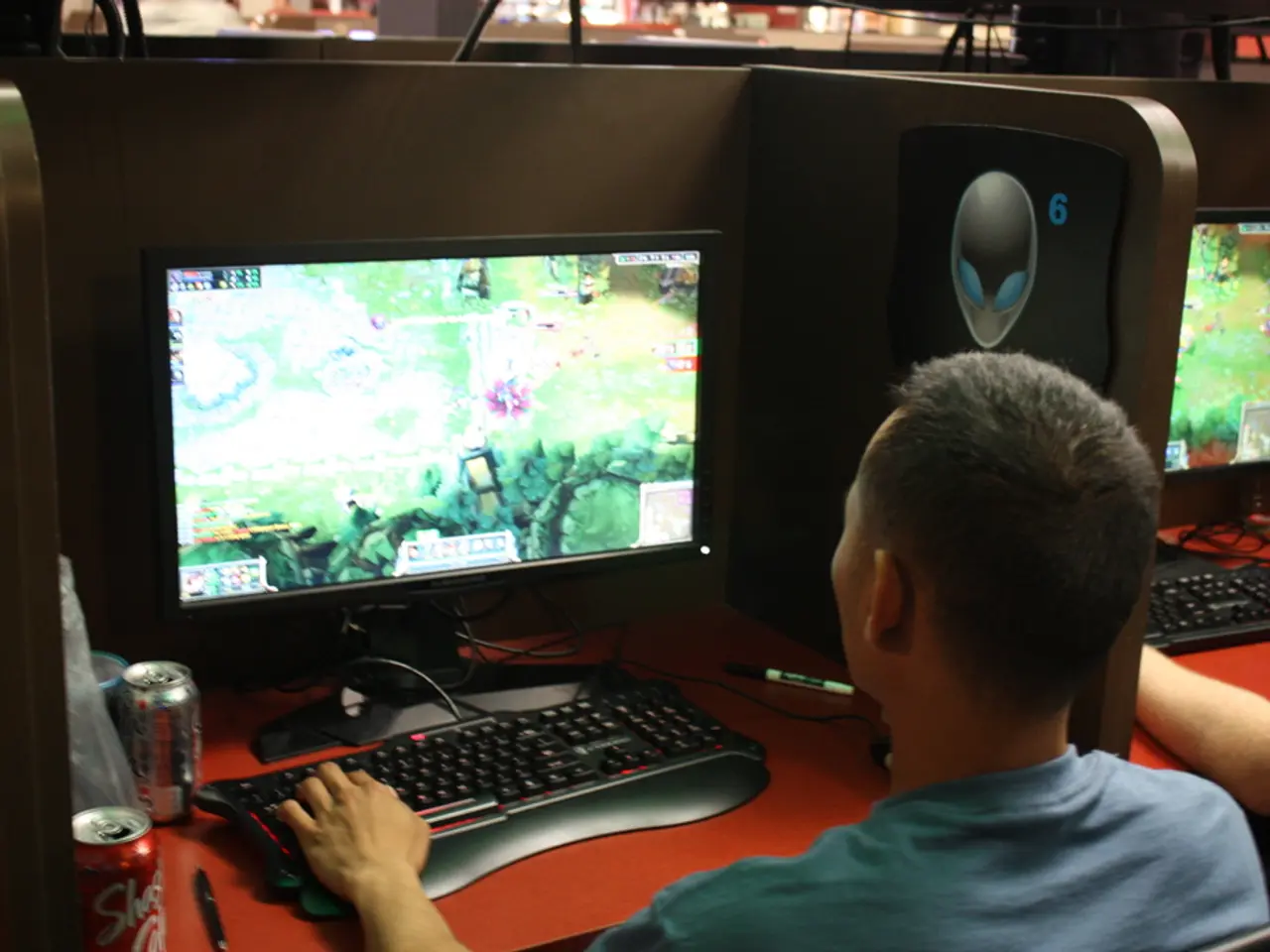Turkey stands out as one of the top three countries globally experiencing an elevated number of cyberattacks related to online gaming.
In recent times, Turkish gamers have found themselves in the crosshairs of a rising tide of cyberattacks. These malicious activities, driven by the increasing sophistication of cyber threats such as ransomware, phishing, and social engineering attacks, are becoming a significant concern for the gaming community in Turkey.
The vulnerability of the gaming community in Turkey stems from common attack vectors like account takeovers, phishing for credentials, and malware distributed through fake game hacks or cheats. Human error remains a key vulnerability, as many users underestimate their personal risk and fail to apply best security practices.
The global cybersecurity landscape is witnessing a surge in ransomware and extortion tactics that may affect gaming platforms. Some ransomware groups are consolidating or evolving their methods, while cybercriminals are increasingly using AI and social engineering techniques to make attacks more convincing and effective.
However, national cybersecurity efforts in Turkey, such as the National Cyber Security Strategy and Security Operations Centers (SOCs), are improving detection and response. These initiatives mainly target critical infrastructure and corporate environments, but they do not extend fully to the gaming community.
In response to this growing threat, measures to protect the gaming community specifically include promoting user education to reduce human error, emphasising shared responsibility for cybersecurity across all users, not only IT specialists. Gaming platforms are also encouraged to invest in monitoring, detection, and incident response capabilities, inspired by broader SOC implementations in Turkey.
Other protective measures include encouraging gamers to use strong, unique passwords and enable multi-factor authentication on gaming accounts, avoiding downloads from untrusted sources, and using updated security tools such as endpoint protection and anti-phishing filters.
Raising awareness campaigns tailored to gamers about emerging threats and best practices are essential to combat these cyberattacks. While no search result explicitly focused on Turkish gamers, the general cybersecurity environment indicates rising risks and improvements in national capabilities, but continued vulnerabilities—particularly due to human factors—highlight the need for ongoing targeted cybersecurity awareness and protective measures within the gaming community.
Recent reports from Switzerland-based cybersecurity firm Acronis suggest that Turkey is one of the top three countries most affected by these attacks. The malicious software, linked to the "Leet Stealer" family, is distributed via popular platforms such as Discord and YouTube, primarily targeting 18-35-year-old gaming enthusiasts. Once installed, the malware steals sensitive information like login credentials, payment data, and cryptocurrency wallet details.
Users in Turkey should be cautious when downloading game files from unverified sources. The attacks, which have spread from the Americas to the Middle East, focusing on countries including Turkey, Saudi Arabia, and Qatar, highlight the need for vigilance and proactive measures to ensure the safety of the gaming community.
- The malicious activities against Turkish gamers have extended to the Middle East, with Turkey being among the top three countries most affected by these attacks, according to reports from a Swiss-based cybersecurity firm.
- As the cybersecurity landscape continues to evolve, it is crucial for the gaming community in Turkey to implement protective measures such as promoting user education, emphasizing shared responsibility for cybersecurity, and adopting best practices like using strong, unique passwords and multi-factor authentication on gaming accounts.




